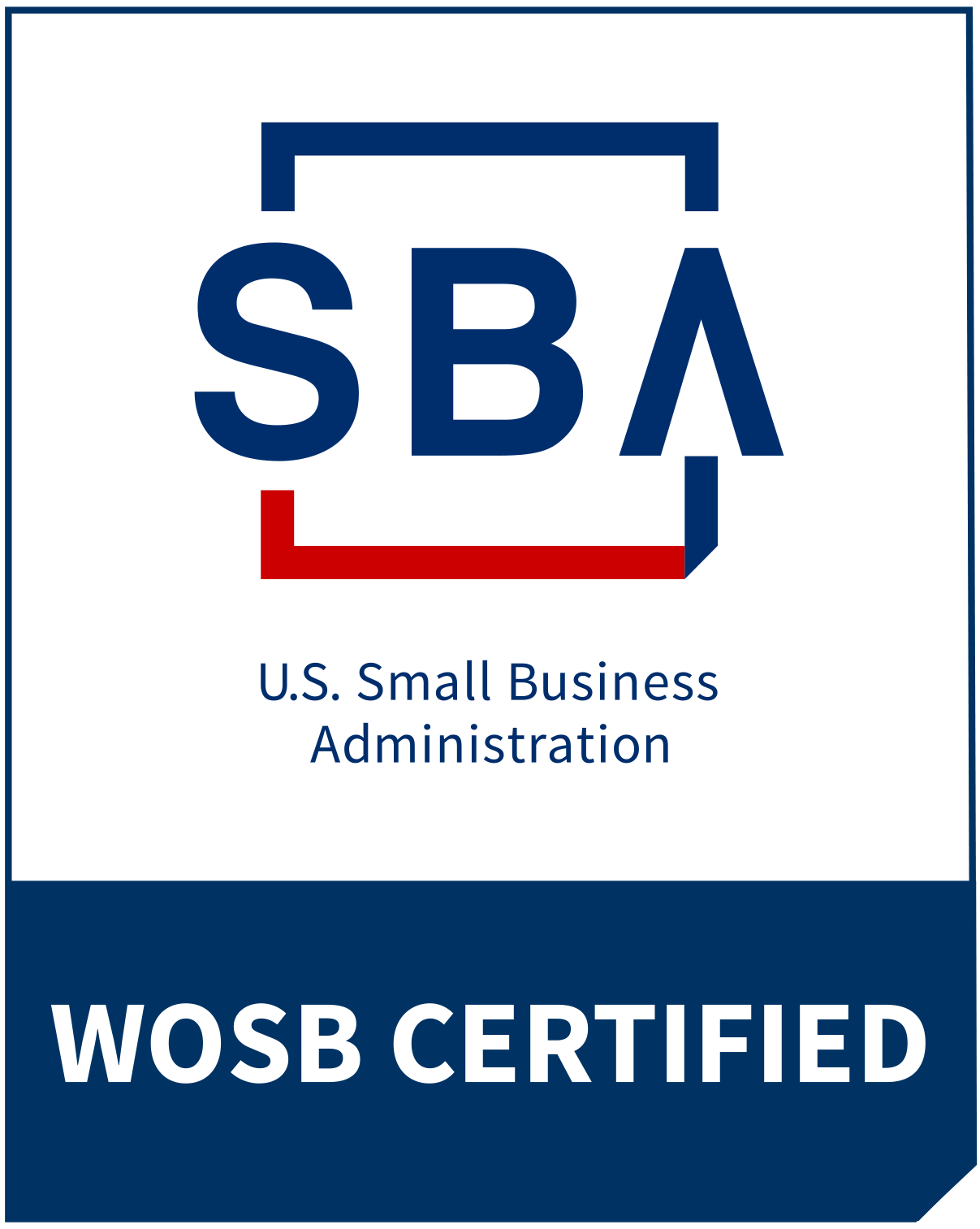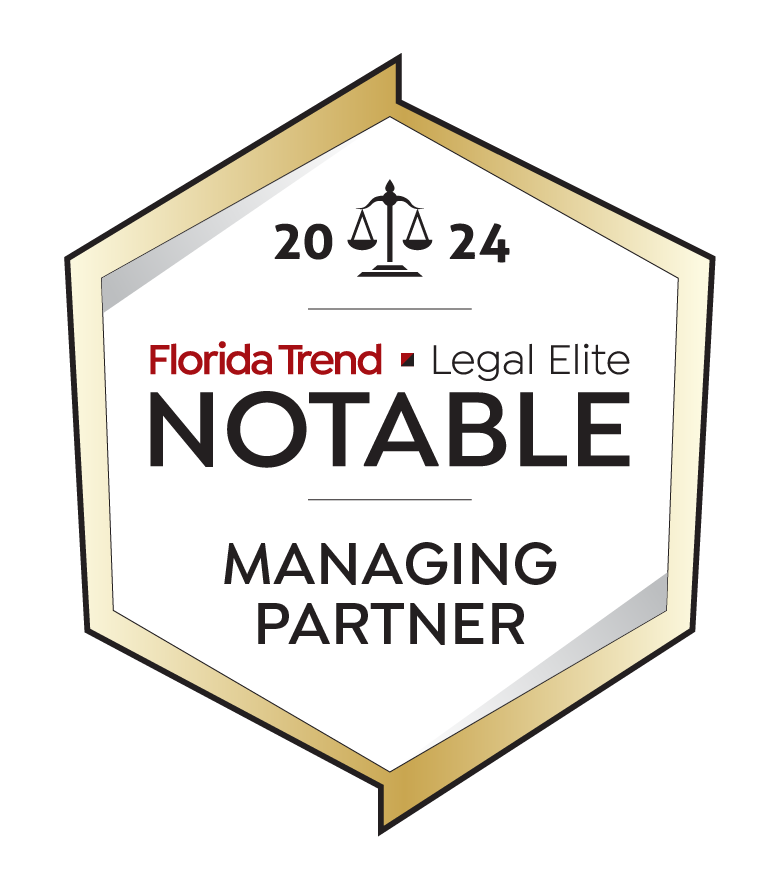The legal process in family law is not always pretty. When you must go to court, your private disputes often become public and the people involved may experience unnecessary stress. Working through the civil court system can also be expensive and slow.
Family matters like divorce, custody, or paternity are often most effectively handled privately, out of court. The collaborative law process is a way to do that. You and your Florida collaborative family lawyer work as a team and everyone involved commits to resolving your matter outside of court.
Understanding the Collaborative Method
In many legal conflicts, one side wins and the other side loses. In family law practice, that is not necessarily a good thing. When families are involved, the “win/win” is the result that helps family relationships grow stronger. Collaborative law takes a team-based approach to handling family disputes. Each side hires their own attorney, but they share the cost of any outside advisors or experts.
The two parties, their attorneys, and the experts all work together to resolve the issue, eventually reaching an agreement. The attorneys put the agreement in writing, and it is binding on both parties. In divorce cases, they submit the agreement to a Florida Court and the court issues its provisions as an enforceable court order.
Participants Enter a Contract
Florida law sets out a formal process for using collaborative divorce.
The law requires both sides and their attorneys to sign a contract called a participation agreement, which describes the issues the parties intend to resolve through collaborative methods. It explains that one party can withdraw from the collaborative process at any time, but if they do, they must get another lawyer. A Florida attorney who represents a person in a collaborative family law matter cannot represent them in a lawsuit dealing with the same subject.
The lawyers and others who participate in the collaborative process all have special training in collaborative law principles. Everyone involved in the process must be committed to helping the parties resolve their dispute outside of court.
How Collaborative Law Works in Practice
When parties use collaborative law to settle a family dispute, they meet with their lawyers and various experts several times, often over months. The parties share the cost of the experts and a facilitator if they are using one. Collaborative law has many advantages, but it is not the best method in all cases.
Benefits of Using Collaborative Law
Collaborative law works well when both parties are committed to resolving their differences without going to court. It leaves control of the outcome in the parties’ hands, and they can decide what is acceptable to them.
Confidentiality is a key benefit of using the collaborative process. According to Florida Statute § 61.58, anything that is said, or any information provided in a collaborative law session is privileged. If the collaborative process fails and the issue goes to court, neither side can use the information shared during the process against the other party.
Disadvantages of Using Collaborative Law
Both parties must have a basic respect for one another’s opinions and needs. When one party is determined to win or when there is a distinct power imbalance between them, collaborative techniques may not be as effective. Collaborative law is also not appropriate when there is a history of domestic violence.
Explore the Collaborative Family Law Option with a Florida Attorney Today
Collaborative law is an effective way to resolve family law matters in an appropriate case. It offers the parties the opportunity to work toward shared goals in a respectful and congenial manner and is completely confidential.
Contact a Florida collaborative family lawyer when you are looking to resolve a conflict peacefully. The Florida Family & Probate Law Firm has several attorneys experienced in these methods, reach out today to schedule a free case evaluation.



























